Abu Bakr Effendi (born 1835 in Shehrizur, died 1880) was one of the scholars who made an impact on Islam in South Africa. Sheikh Abu Bakr Effendi was an Ottoman judge who was sent in 1862 by the Ottoman Sultan Abdul Majid I at the request of the British Queen Victoria to the Cape of Good Hope in order to teach and assist the Muslim Cape Malay community.
Effendi was from the Quraishi family from Mecca. He was a direct descendant of Prophet Muhammad sallallahu alaihi wa sallam. Other imams in the Cape were mostly Shafis, he was the first Hanafi teacher for which he also established a madrassa in Cape Town. He was not widely accepted as his Hanafi rulings were, in some instances, at odds with the Shafi populace.
Abu Bakr studied in the Madrassa originally set up by his ancestor Emir Suleyman for the people of the area. Further studies were in Erzurum, Istanbul, and Makkah. Abu Bakr introduced the fez for men, as well as reinstating the hijab for women.
Besides his role as teacher he also published the Arabic Afrikaans ‘Uiteensetting van die godsdiens’ (Bayan ad-Din, or The Exposition of the Religion) in 1877. It was printed by the Turkish Ministry of Education and serves as a valuable reference of the Afrikaans usage during that era and was the first book written and published in Afrikaans, although written in a modified Arabic script.
Abu Bakr had 5 sons from his marriage with Tohora Saban Cook, the niece of the famous explorer Captain James Cook. Some of the family continue to stay in South Africa. One son got into politics but was suppressed by the Apartheid government. Others served in the Ottoman army.

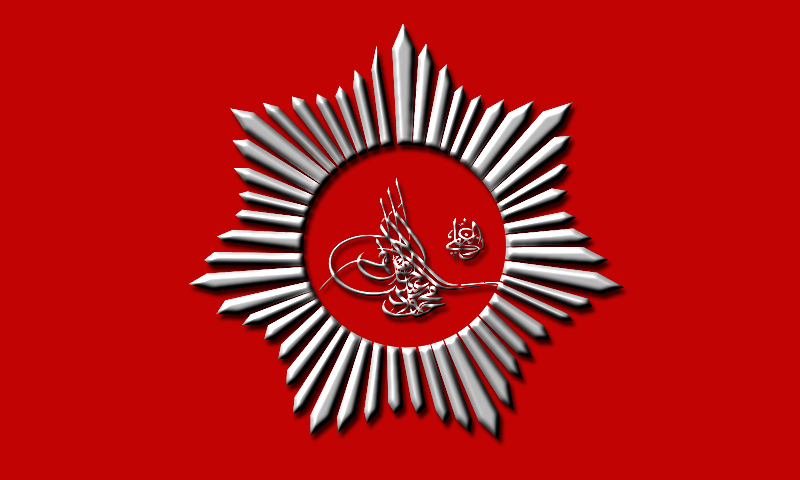
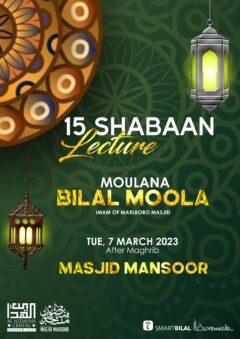

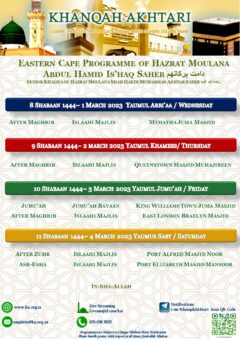
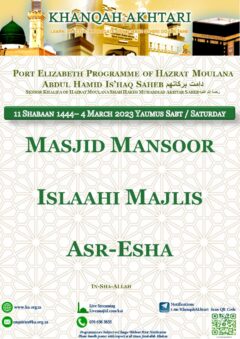
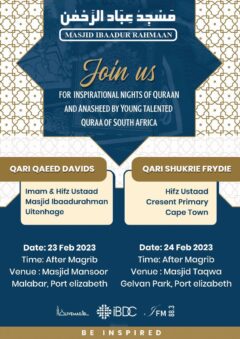
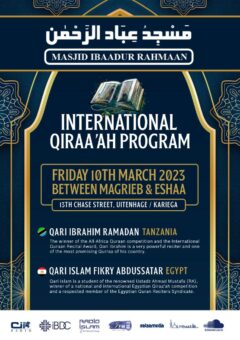



COMMENTS